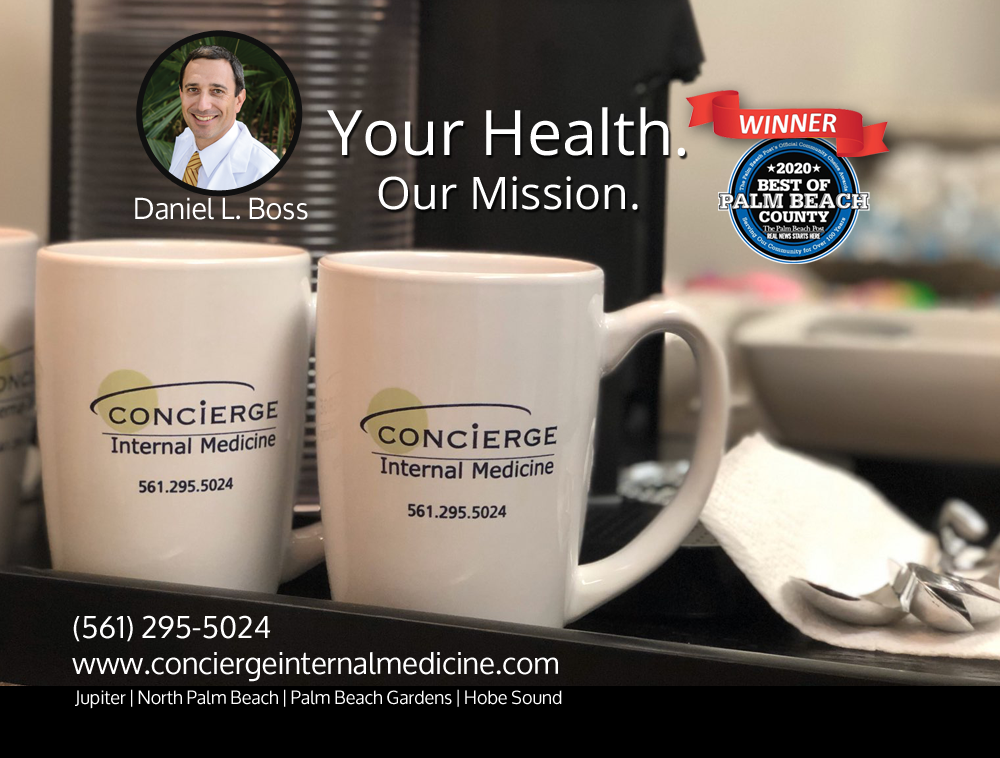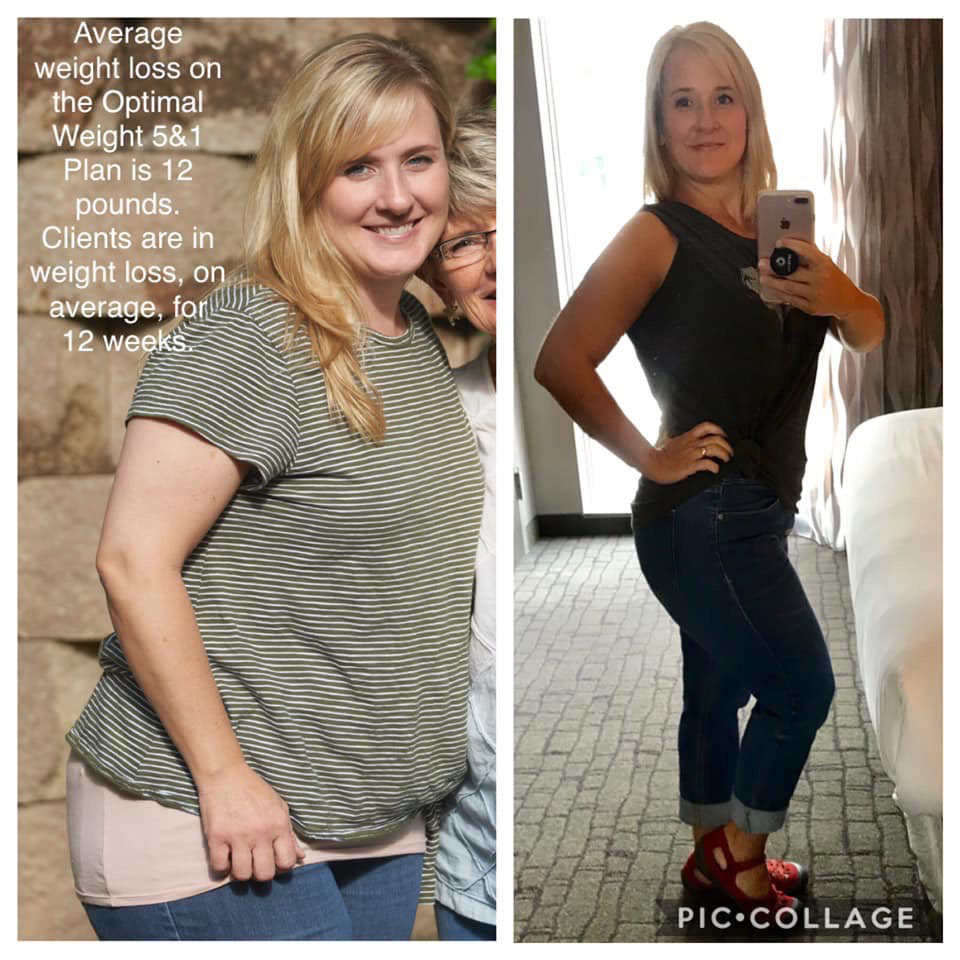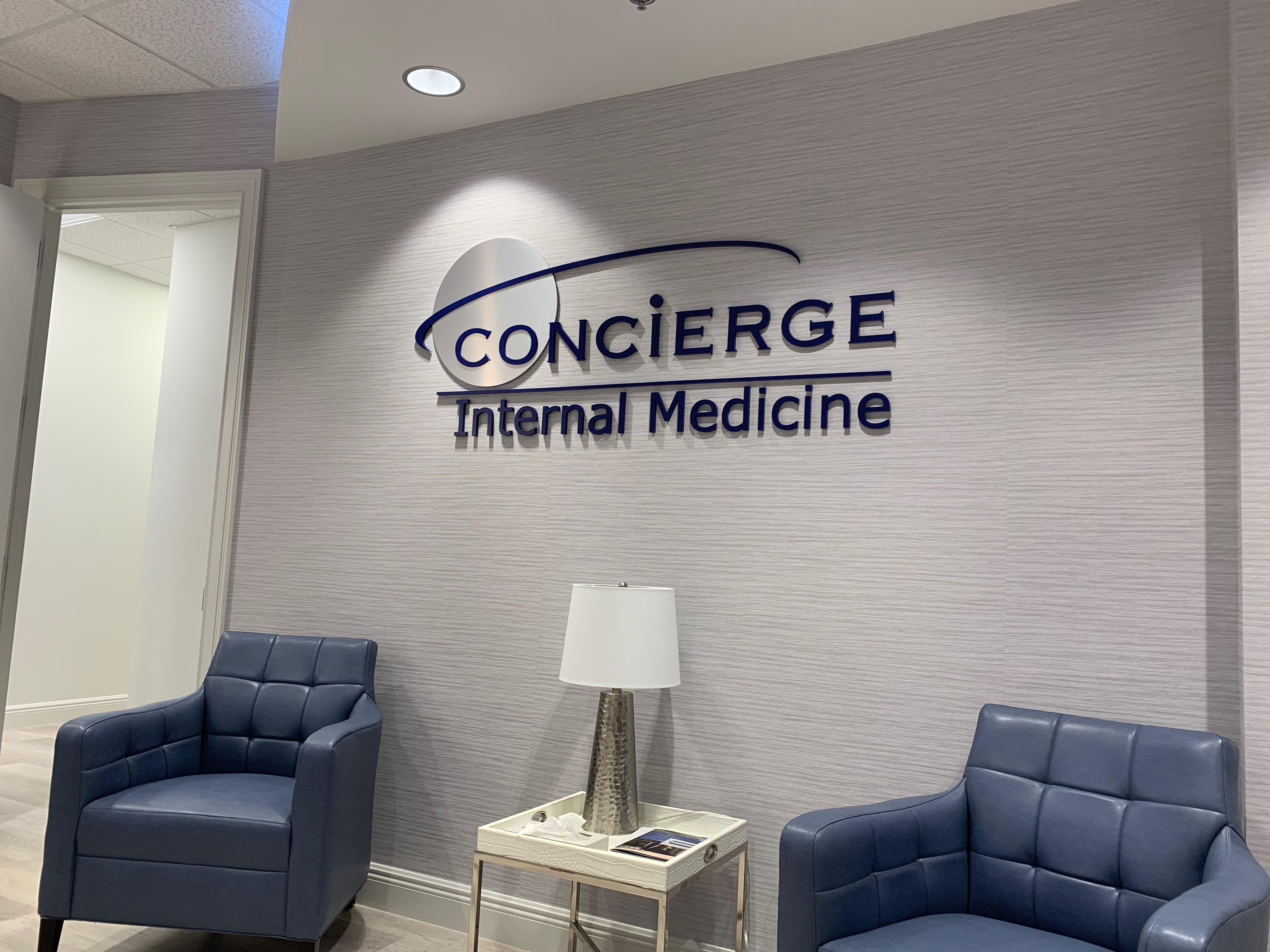Understanding the Blue Zones Benefits
Blue Zones are regions around the world known for their unusually high concentration of centenarians (people living to be 100 years old or more) and their overall well-being. These areas have captured the attention of researchers and health experts due to their longevity and the relatively low rates of age-related diseases among their populations. The term “Blue Zones” was coined by Dan Buettner, a National Geographic fellow and author, after he identified and studied these regions. As of my last knowledge update in September 2021, the five main Blue Zones are:
- Okinawa, Japan: Known for the longevity of its residents, Okinawa’s diet is rich in vegetables, tofu, and seafood. The Okinawan lifestyle emphasizes physical activity, social engagement, and a strong sense of community.
- Sardinia, Italy: Sardinia boasts a high number of centenarians, with a diet that includes whole grains, legumes, and goat’s milk. Residents maintain an active lifestyle through daily physical work and maintain strong social bonds.
- Nicoya Peninsula, Costa Rica: In Nicoya, a diet of beans, corn, and tropical fruits is common. Regular physical activity, close-knit communities, and a sense of purpose contribute to the longevity of its inhabitants.
- Icaria, Greece: The Mediterranean diet plays a significant role in the longevity of Icaria’s residents, with an emphasis on vegetables, olive oil, and herbs. Physical activity, strong family connections, and a relaxed pace of life are also key factors.
- Loma Linda, California, USA: Loma Linda is unique among Blue Zones because it’s the only one located in the United States. The community’s longevity is attributed to a vegetarian diet, regular exercise, and a strong sense of faith and community among Seventh-day Adventists.
What Aging Americans Can Learn from Blue Zones:
- Dietary Habits: Blue Zones emphasize plant-based diets rich in vegetables, fruits, legumes, and whole grains. Aging Americans can benefit from adopting similar dietary habits to reduce the risk of chronic diseases and promote longevity.
- Physical Activity: Incorporating regular, low-intensity physical activity into daily routines can help maintain muscle mass, bone density, and overall fitness. This can be as simple as walking, gardening, or practicing gentle exercises like yoga.
- Social Connections: Building and nurturing strong social connections can combat loneliness and improve mental well-being. Regular social engagement with friends and family can contribute to a longer, healthier life.
- Sense of Purpose: Having a sense of purpose and meaning in life can lead to reduced stress and a greater overall sense of satisfaction in one’s later years. Aging Americans can benefit from finding hobbies, activities, or causes that give their lives meaning and fulfillment.
- Stress Reduction: Blue Zones often have lower stress levels due to their lifestyles. Incorporating stress reduction techniques like meditation, mindfulness, or relaxation exercises can improve mental health and overall well-being.
- Community Involvement: Engaging in community activities and volunteering can help aging Americans build a sense of belonging and purpose. It can also provide opportunities for social interaction and personal fulfillment.
In summary, the lessons from Blue Zones suggest that adopting a plant-based diet, staying physically active, maintaining strong social connections, finding a sense of purpose, and managing stress can contribute to a longer, healthier life for aging Americans. These principles emphasize not only living longer but also living with vitality and well-being in one’s later years.







